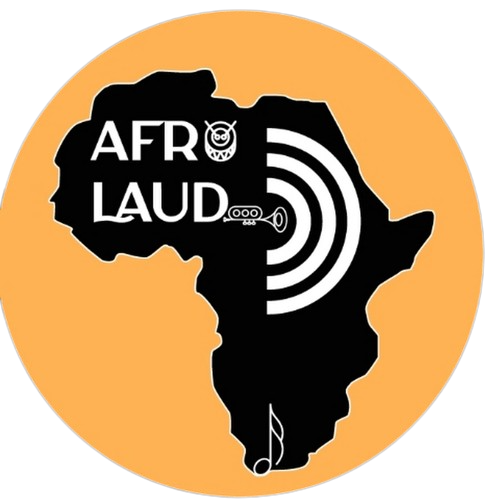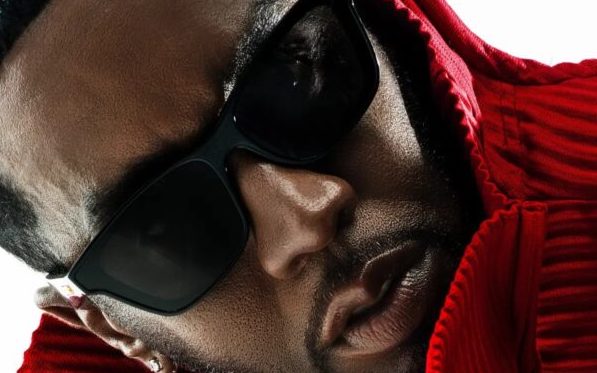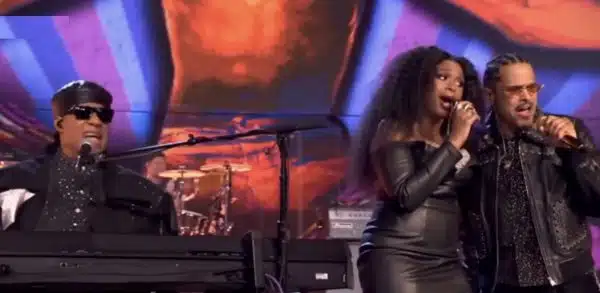In a legal blow to Drake, a U.S. federal judge has dismissed his defamation case against Universal Music Group (UMG) over Kendrick Lamar’s diss track “Not Like Us.” The judge ruled that the song’s lyrics — which included allegations of pedophilia — are protected as nonactionable opinion within the context of a rap battle.
What Happened
- Drake’s lawsuit, filed in January 2025, accused UMG of promoting the diss track and profiting from its alleged defamatory content. He claimed the song’s allegations harmed his reputation and put his safety and that of his family at risk.
- Judge Jeannette A. Vargas dismissed the suit, stating that a reasonable listener would interpret the lyrics as provocative and hyperbolic — not statements of fact. In her opinion, the nature of rap feuds historically includes exaggerated language and insults that fall under protected speech.
- The judge also highlighted that in the context of heated lyrical battles, audiences don’t expect literal truth but rhetorical expression.
Responses & Implications
- UMG responded by welcoming the decision, describing the lawsuit as a threat to artistic freedom. They reaffirmed their support for both Drake and Lamar’s creative expression.
- Drake’s team indicated plans to appeal the decision.
- This dismissal underscores how U.S. courts often protect controversial or charged lyrics under the First Amendment, especially in music genres where exaggeration, metaphor, and insult are expected conventions.
Context of the Feud
The lawsuit comes amid a well-publicized and highly heated lyrical battle between Drake and Lamar that escalated in 2024. “Not Like Us” was central to that feud. The track gained massive chart and critical success, winning multiple Grammy Awards and topping streaming charts globally.
Though the accusations in the lyrics were serious, the judge’s ruling emphasizes that in the tradition of rap diss tracks, hyperbole and exaggeration are expected and not usually treated as literal claims.
For now, the defamation case is closed — though the controversy and its ripple effects in music, legal precedent, and reputation will likely be part of the narrative for years to come.






Recent Comments